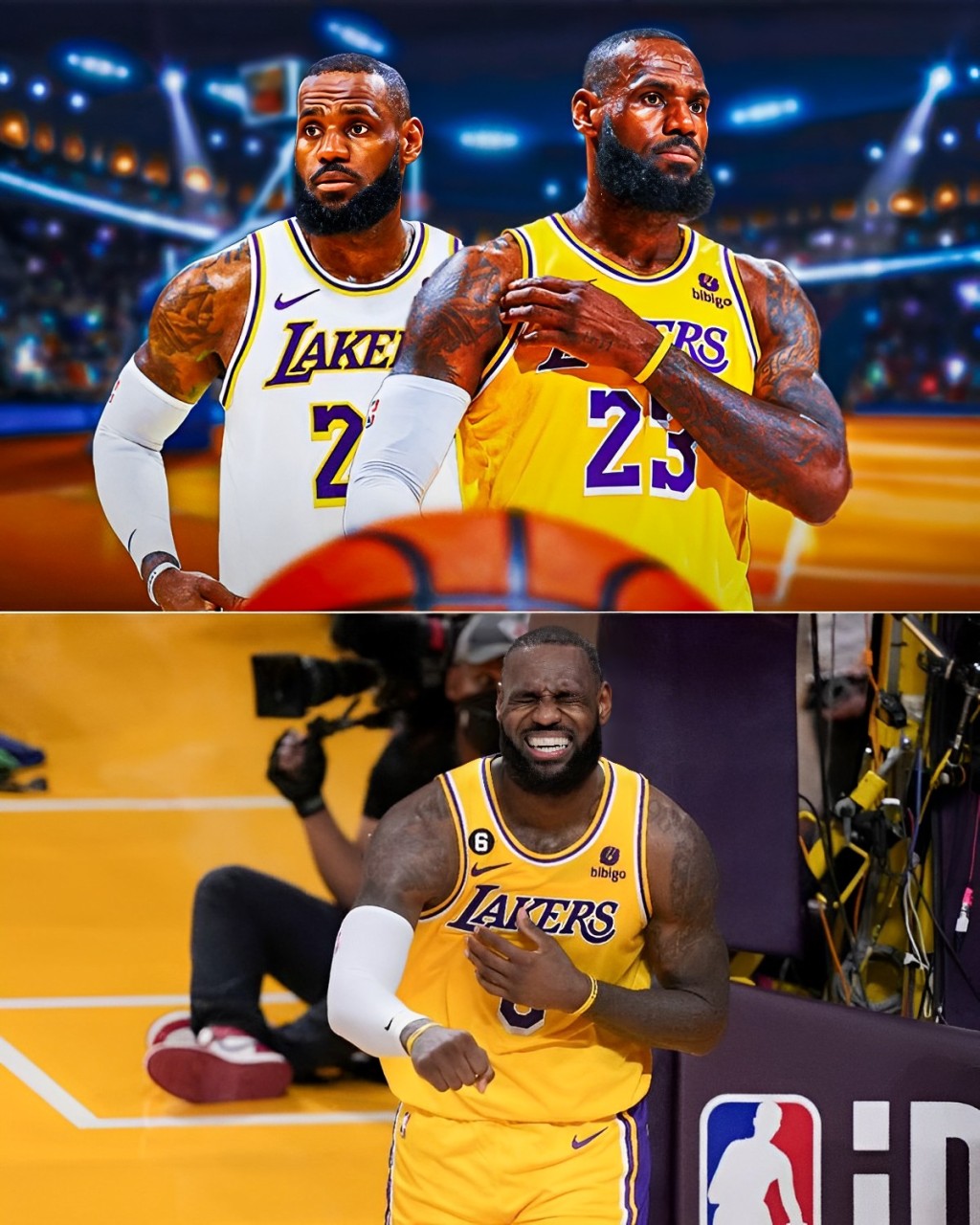A FEDERAL law is forcing over 100,000 veterans to repay separation benefits.
One US Army veteran says she’s stuck paying back over $30,000 in benefits, despite never receiving any of the funds the government is forcing her to repay.

Janet Hudson, pictured above, is a retired US Army veteran who is being forced to repay over $33,000 in separation payCredit: News Channel 5

James Cripps, pictured above, was the first veteran to win disability benefits for Agent Orange exposure while serving in the US Army, after years of court appealsCredit: News Channel 5
Janet Hudson is one of thousands of disabled veterans who are being forced to return thousands of dollars to the government.
Hudson joined the US Army shortly after graduating high school.
She served as an Army cook and was deployed around the world.
“My first deployment was when my daughter was 18 months,” Hudson told CBS affiliate WTVF 5.
“I had to go to Somalia,” she added.
As a mother, it was difficult for Hudson to be away from her daughter for extended periods of time.
That’s why she voluntarily left the Army in 1999 and joined the National Guard.
“I decided to leave the Army because of the fact I was away from my daughter being a cook,” Hudson said.
“I didn’t get to spend much time with my daughter,” she added.
In 2007, she decided to re-enlist and was deployed to Afghanistan and Iraq..
Finally, after 28 years of service, Hudson retired in 2012 and began collecting disability for her back pain.
A few months ago, Hudson applied to get her disability pay increased.
However, she was shocked to learn that instead of getting an increase, the Department of Veteran Affairs would begin garnishing a portion of her monthly benefits.
“I got a letter, and they are going to be taking $338.00 a month for seven years,” Hudson said.
The Department of Veteran Affairs claims that Hudson received more than $33,000 in separation pay when she left the Army in 1999.
Hudson, however, says she never received the money the government is now ordering her to repay.
“I’m very angry because just one dollar they take from me, they’re taking something I never got from them,” Hudson said.
She also believes that it’s wrong for the VA to try and recoup funds from disabled vets years after they provided the separation benefits in the first place.
According to the VA, the government has withheld disability payments from more than 100,000 veterans over the last 12 years.
The VA also claims that it’s “legally required to recoup separation pay” from veterans who also receive disability benefits.
That’s because there is a federal law in place that prevents veterans from receiving both separation benefits and disability pay.
“We recognize this may bring challenges for veterans,” the VA said in a statement.
“We try to identify the need for recoupment as early as possible, and we work with them every step of the way to minimize any impact this may have on them,” the VA added.
Separation pay, also known as involuntary separation pay, is a lump sum payment given to eligible active and reserve service members.
To receive the lump sum payment, active or reserve service members must have been involuntarily discharged, denied continued service, or released from active duty.
The pay is meant to help service members, like Hudson, transition back to civilian life, and encourage them to pursue a military career.
In recent years, the VA has become “more aggressive” about going after disabled vets who received both separation and disability benefits.
James Cripps, the first veteran to win disability benefits for Agent Orange exposure while serving in the US Army, believes it may have something to do with the PACT Act.
The PACT Act expands VA healthcare and benefits for veterans exposed to burn pits, Agent Orange, and other toxic substances.
“When they passed the PACT Act they should have appropriated more money,” Cripps said.
“They should have foreseen that, hey, this is going to cost more money,” he added.

In 1999, Janet Hudson, pictured above, briefly left the US Army to spend more time with her daughter, before re-enlisting in 2007Credit: News Channel 5

Janet Hudson, pictured above in Guantanamo Bay, first joined the US Army immediately after high school in the 1980sCredit: News Channel 5
In 2023, the VA took back separation pay from 9,298 veterans.
That figure is a sharp increase from 2022 when the VA took back pay from 7,940 veterans.
This year, Hudson will be one of thousands of veterans who will be forced to pay back their separation benefits.
While she disagrees with the law, she is also adamant that she never received the benefits in the first place.
After looking over her Army release papers, she found a document – signed by her – that indicated she received no separation pay.
Another document, not signed by her, claims she received $33,193.80 when she first left the Army in 1999.
Hudson also argues that she left the Army on her own – she wasn’t discharged or released.
“Do you actually think if I had $33,000 in my account that I wouldn’t notice that?” Hudson questioned.
“If that money did go into my account somebody took it out,” Hudson continued.
“I never saw it,” she added.
Still, Hudson’s monthly disability payments will now be significantly smaller for several years.
“Fortunately, VA is only required to recoup benefits in a very small number of cases — less than 1% of total disability compensation claims applications and around 0.1% of total recipients,” the VA said in a statement.
“Because of this, it’s important to note that when applying for benefits, a Veteran is dramatically more likely to have their benefits increase than to see any decrease.”
The VA says that it has also taken steps to “discover and resolve these recoupment cases more effectively” since September 2021.
They also maintain that they’re committed to ensuring veterans “understand this law when they submit their claims for benefits.”
In 2024, the VA did increase monthly compensation benefits for disabled veterans and retired military vets by 3.2%.
As of 2023, there were about 4.3 million disabled vets in the US, with more than 3.9 million receiving disability compensation.
It’s unclear how many vets, like Hudson, will be ordered to repay benefits beginning this year.





